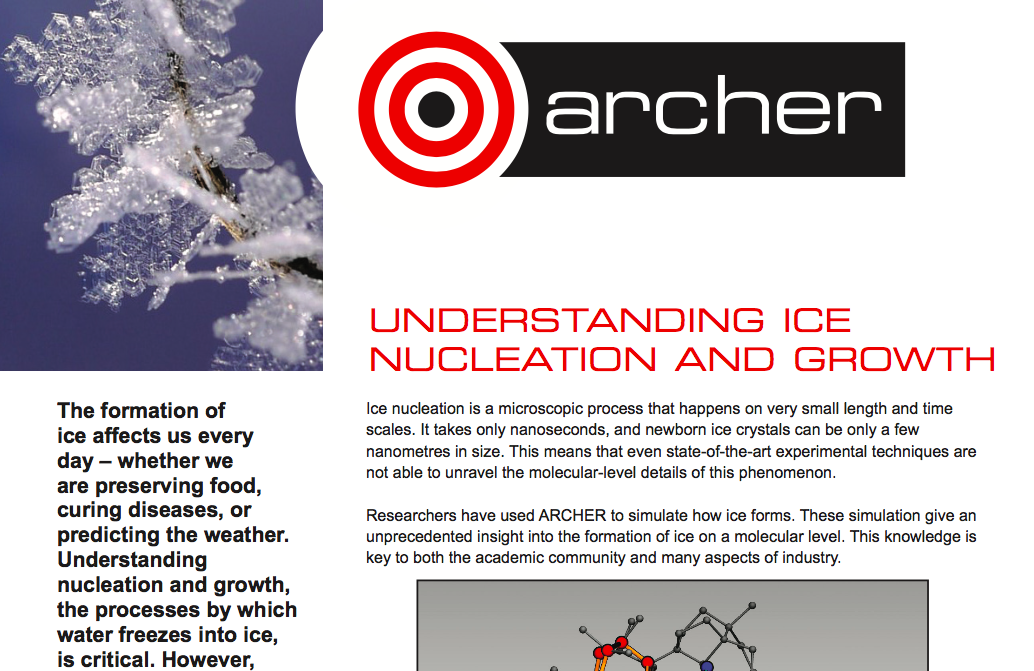Long gone are the days when you could hope to further theoretical physical chemistry with the only help of the blackboard.
While there will always be the need of simple models – to foster new ideas, to discover general trends, to validate theoretical frameworks – we care about complexity. Our goal is to bring computer simulations a step closer to the experimental reality, addressing ever-incrasing realistic models and pushing the limits of the time and length scales we can probe as of now. To do that, a laptop simply won’t do. This is why we strive to secure access to the best High Performance Facilities (HPC) worldwide, from the UK National Supercomputing Service to the Swiss National Supercomputing Centre: these huge machines…

Just a tad bigger than your iPad...
… provide of the order of 50,000 CPUs and GPUs, enabling cutting-edge computational research that was simply thought to be impossible just a decade ago. And, there is more to come – check out the latest development in the HPC world at Top 500 (also known as The List). As per our research, understanding the formation of ice on biological matter (link the the ice research theme needed) is an ambitious goal that does require phenomenal computational resources.
With great power comes great responsability, they say... are you up to task?
Case Study(Our research made it to the top of the UK National Supercomputing Service case studies list!)
Understanding Ice Nucleation and Growth


